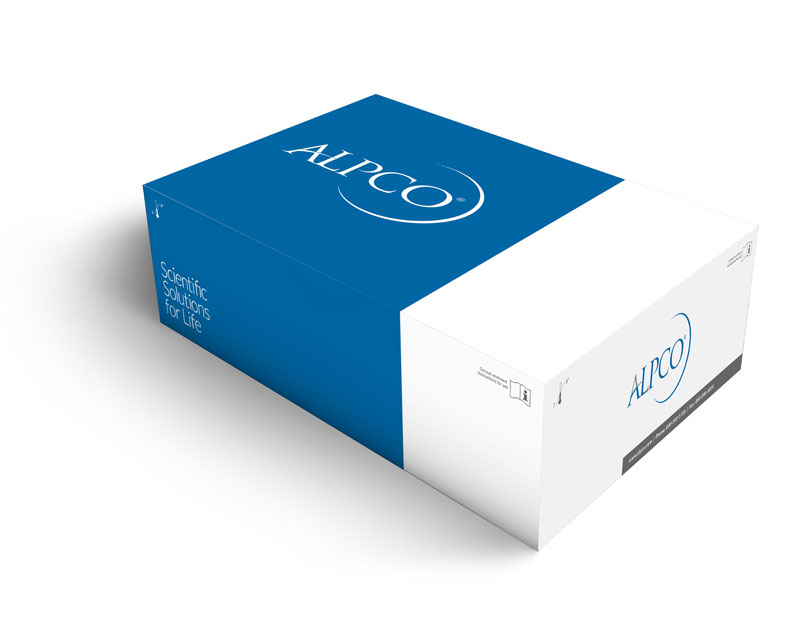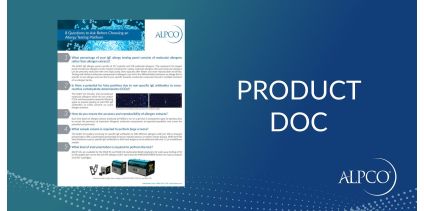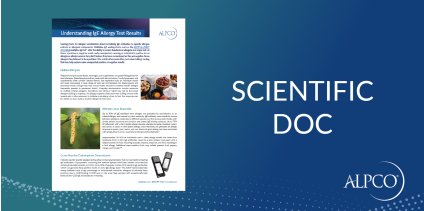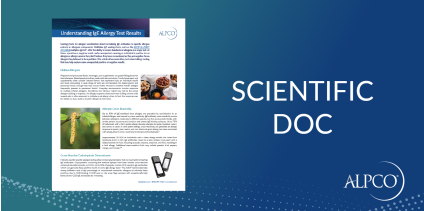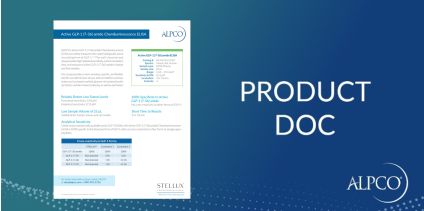Human Anti-Human Antibody ELISA (HAHA ELISA)
$1,028.00
Catalog
43-HAHHU-E01
This ELISA (enzyme-linked immunosorbent assay) kit is produced for the quantitative determination of human anti-human (IgG) antibody (HAHA) levels in patient serum or plasma samples. It detects both HAHA-IgG and HAHA-IgM subtypes. The test might be used as an aid for detection of patients with positive HAHA that may affect prescribed diagnosis and treatment involving humanized monoclonal antibody. Research Use Only. Not for Use in Diagnostic Procedures.
Species
Human
Regulatory Status
Research Use Only. Not for Use in Diagnostic Procedures.
Product Distribution
Available Worldwide
Range
1 - 27 µg/mL
Sensitivity
1 µg/mL
Sizes
96 Wells
Sample Types
Plasma, Serum
Inc Time Hour
1
Inc Time Minute
50
Inc Time Overnight
No
Inc Time See Protocol
No
Sample Size
25
Detection
Colorimetric
Clinically, humanized monoclonal antibodies (IgG) and their fragments are used in in vivo diagnosis procedures (radionuclides) and treatment for various diseases. Even a single dose injection of a humanized monoclonal antibody or its fragment may induce an immune response directed against this foreign protein (immunogen). Also, people with autoimmune diseases, such as rheumatoid arthritis, lupus, etc. produce autoantibody against human IgG. In circulation, the presence of human antibody against human IgG would bind to the injected humanized antibody therapeutics and, therefore, diminish the efficacy of either in-vivo diagnosis or treatment. The HAHA would increase the risk of anaphylactic complications to subsequent administration of the humanized monoclonal antibody-based therapy.

